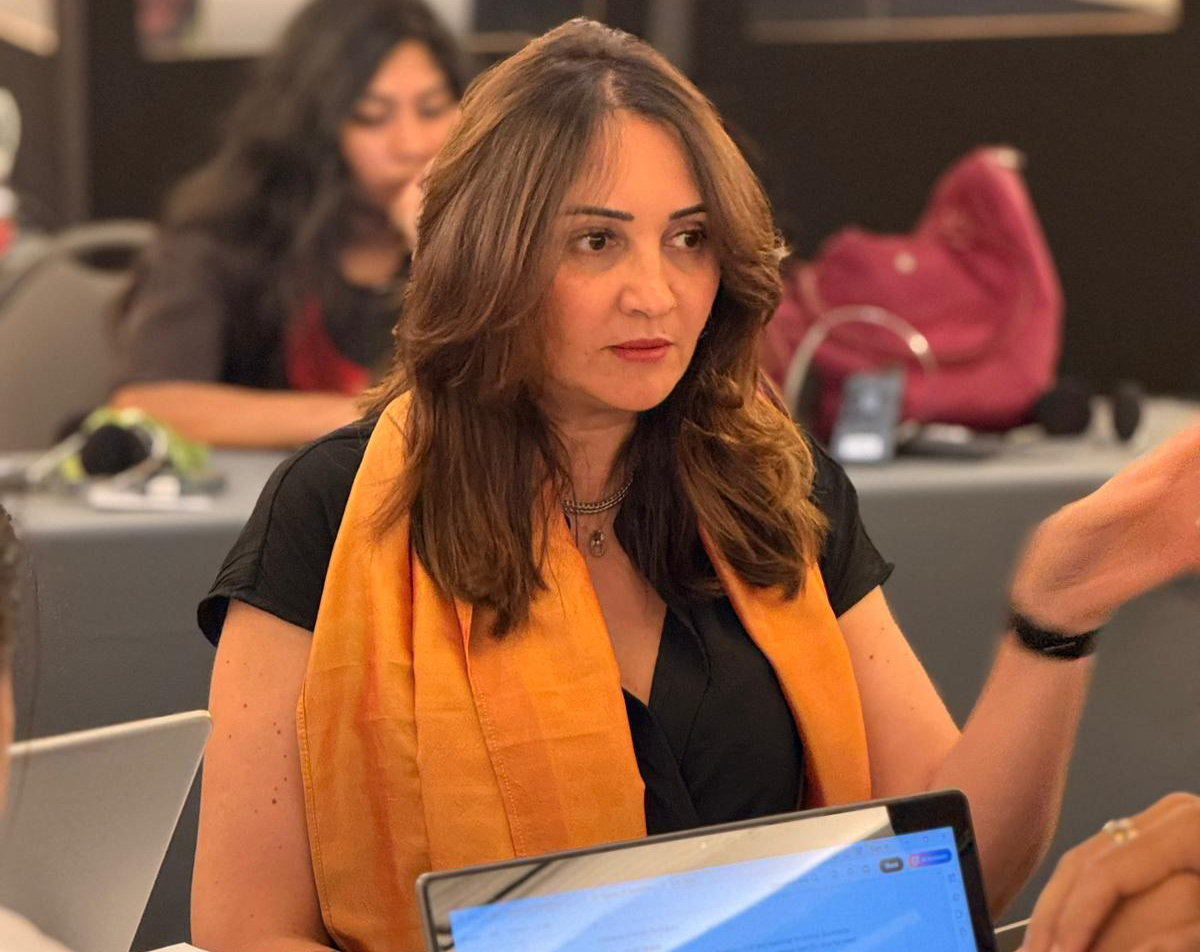
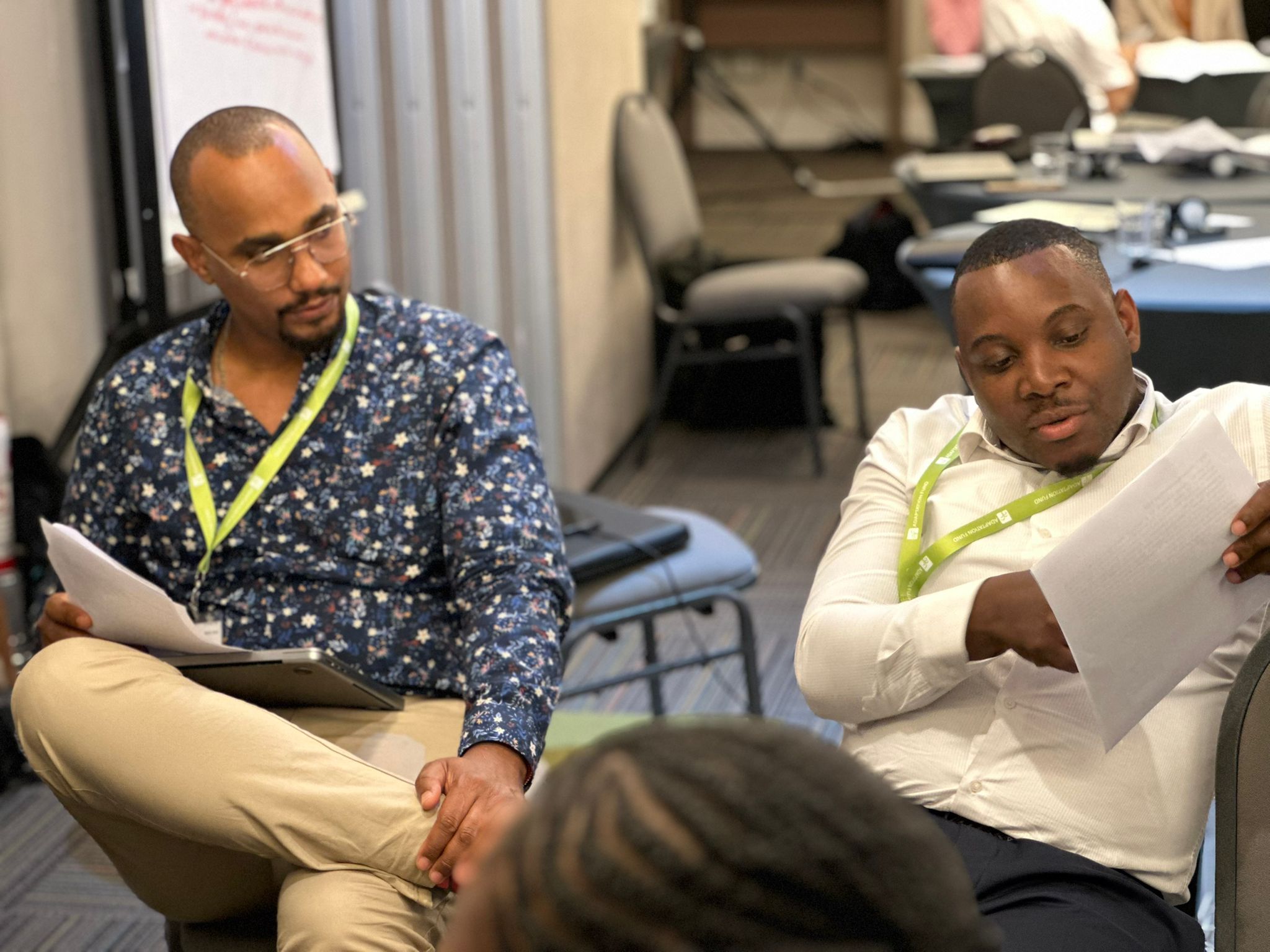
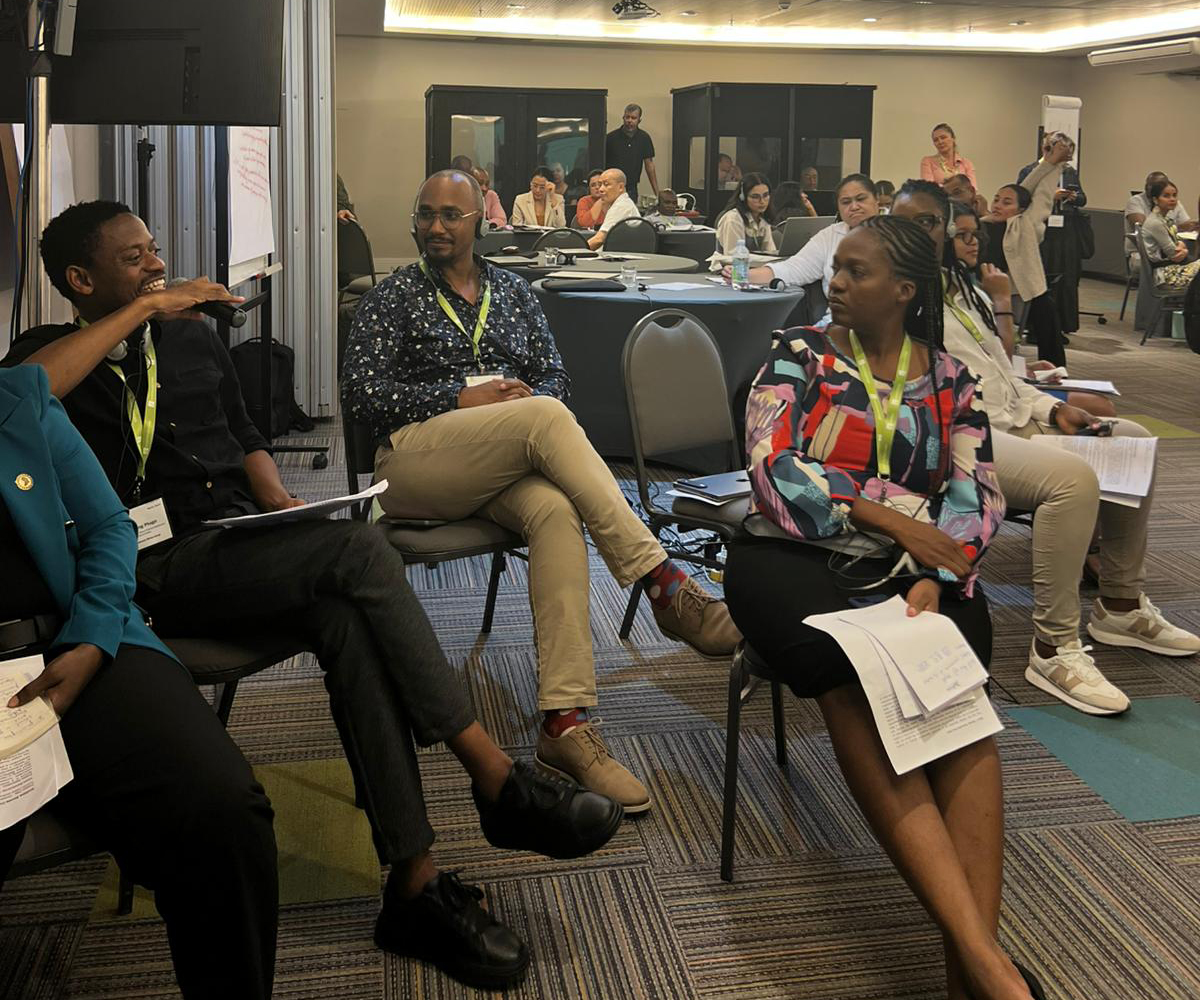
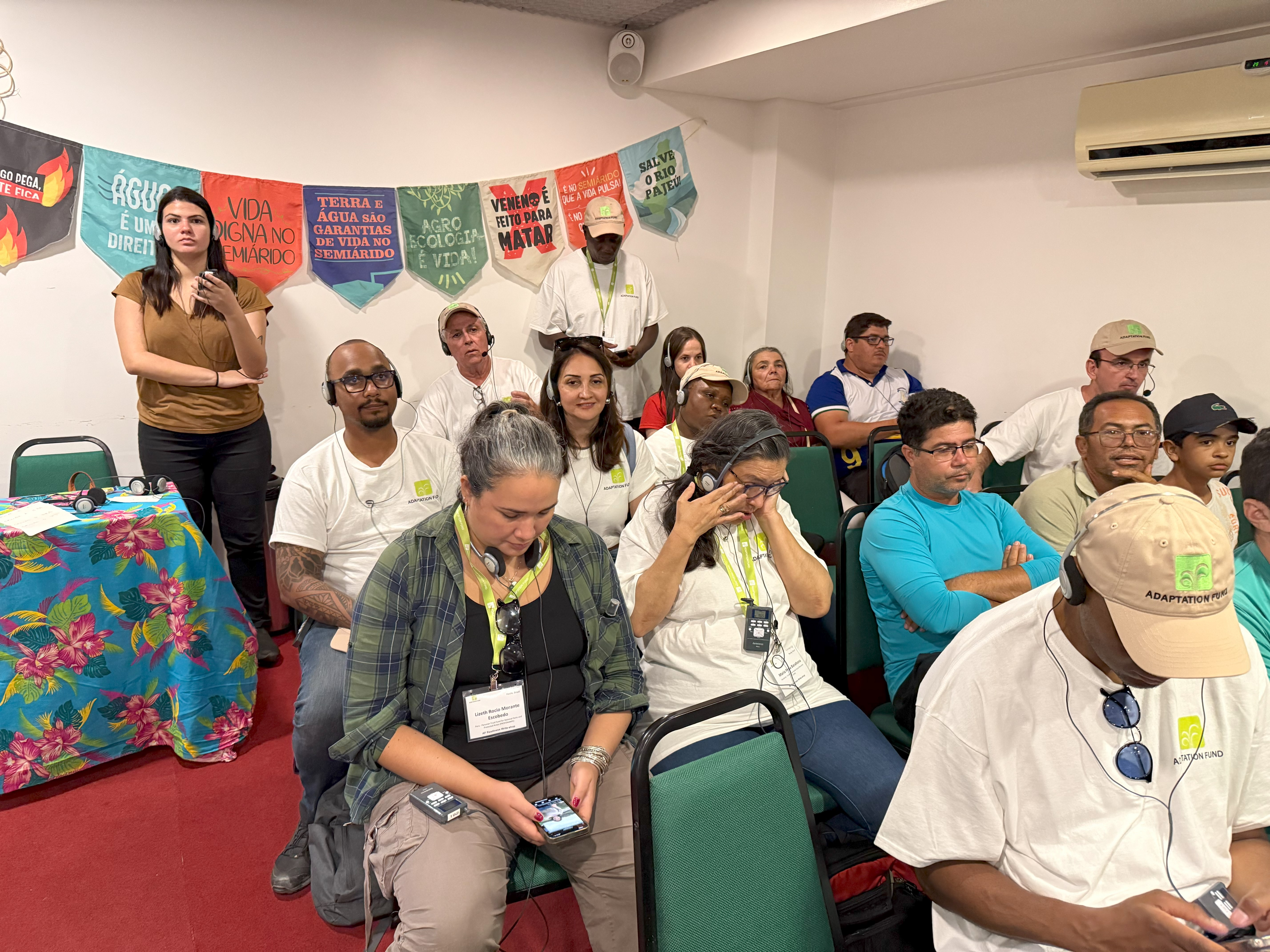
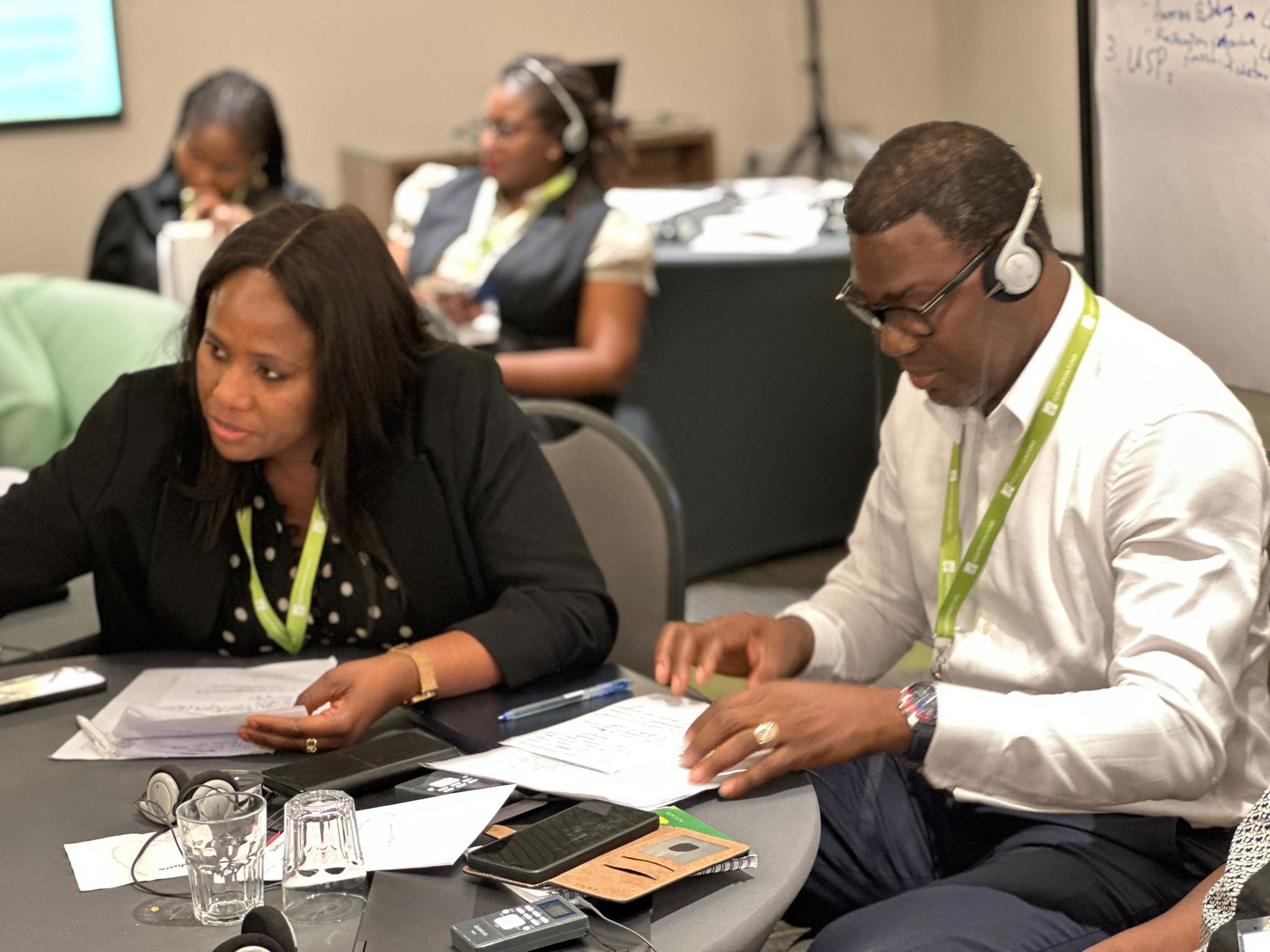

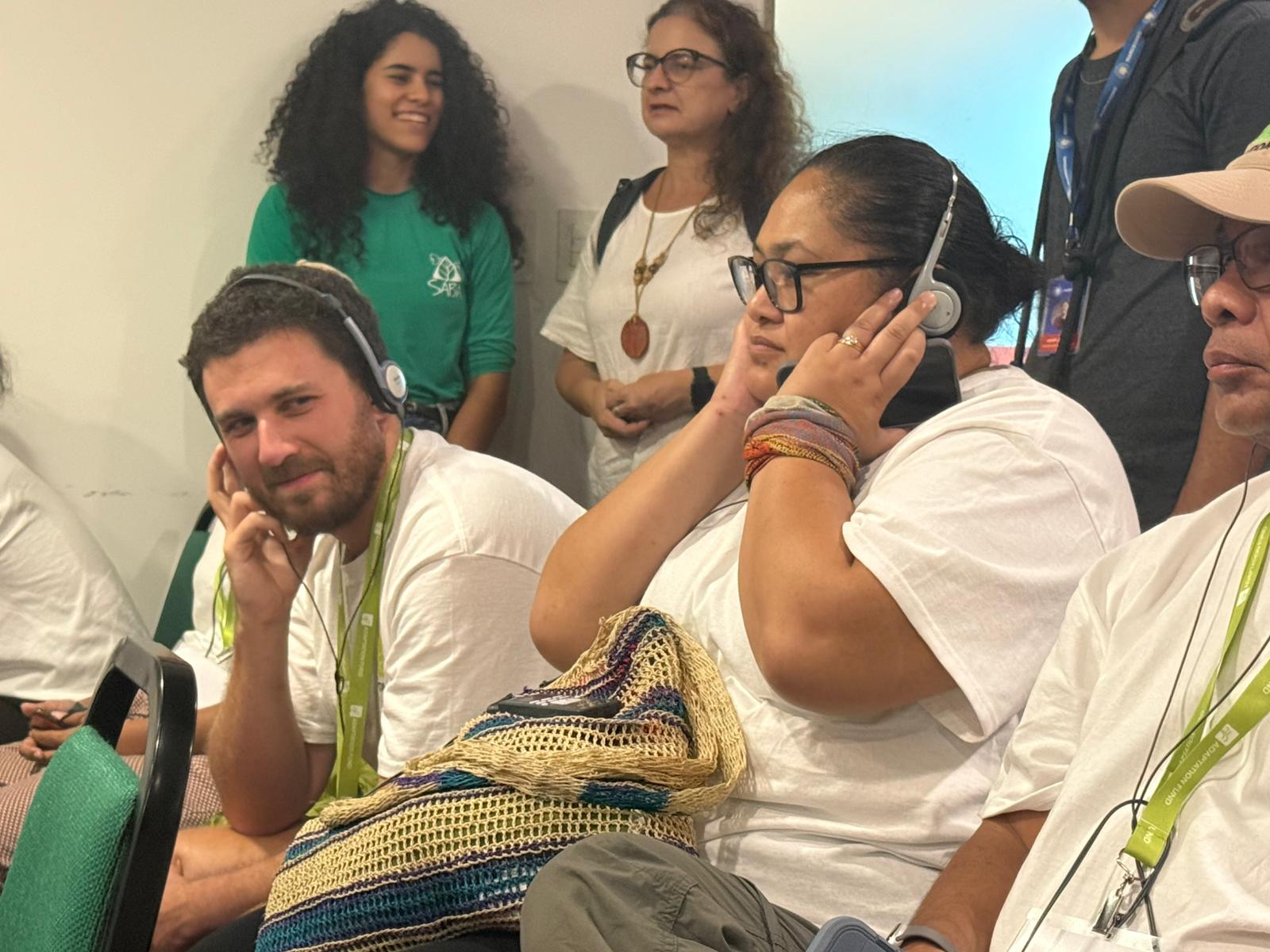
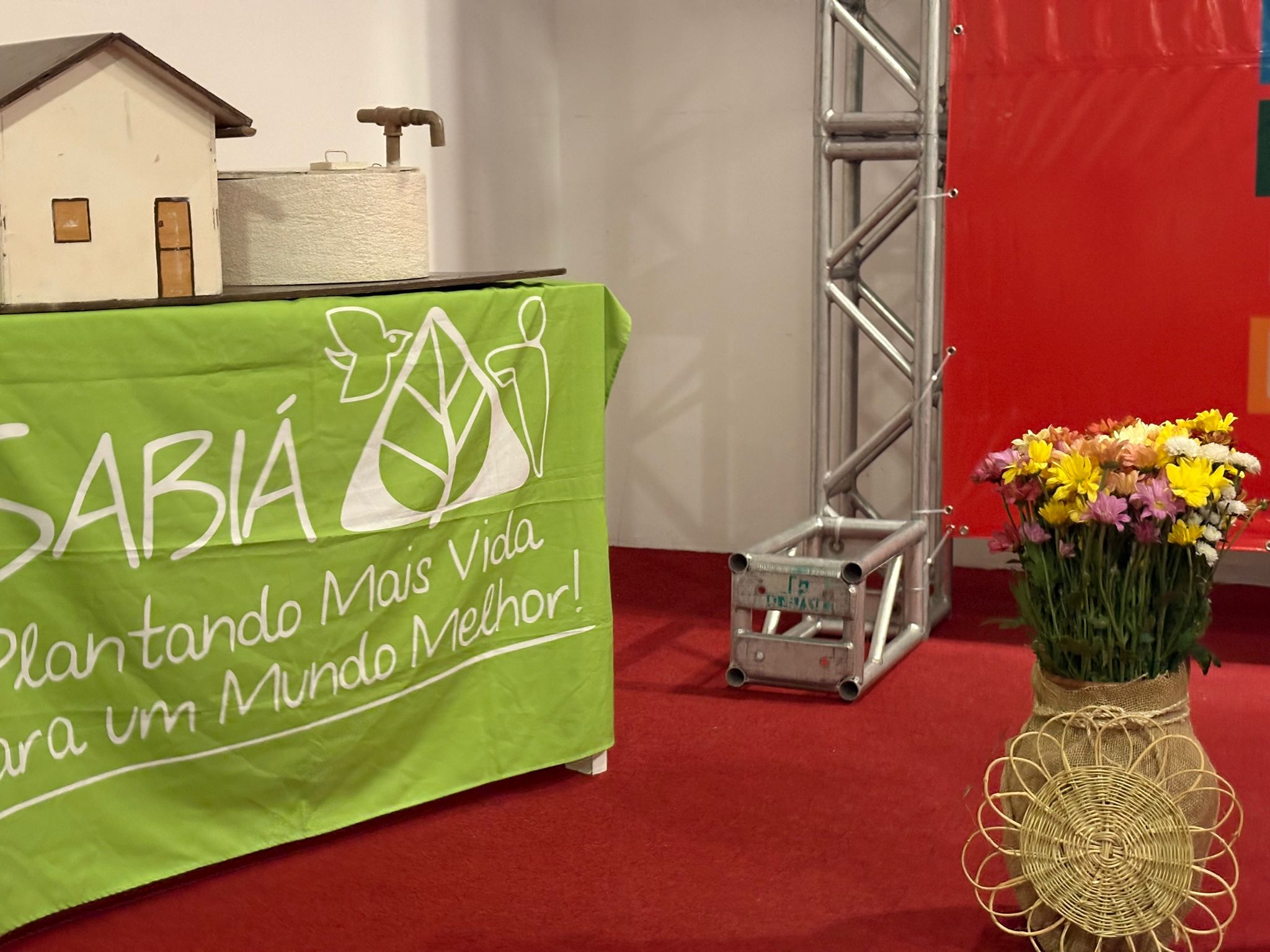
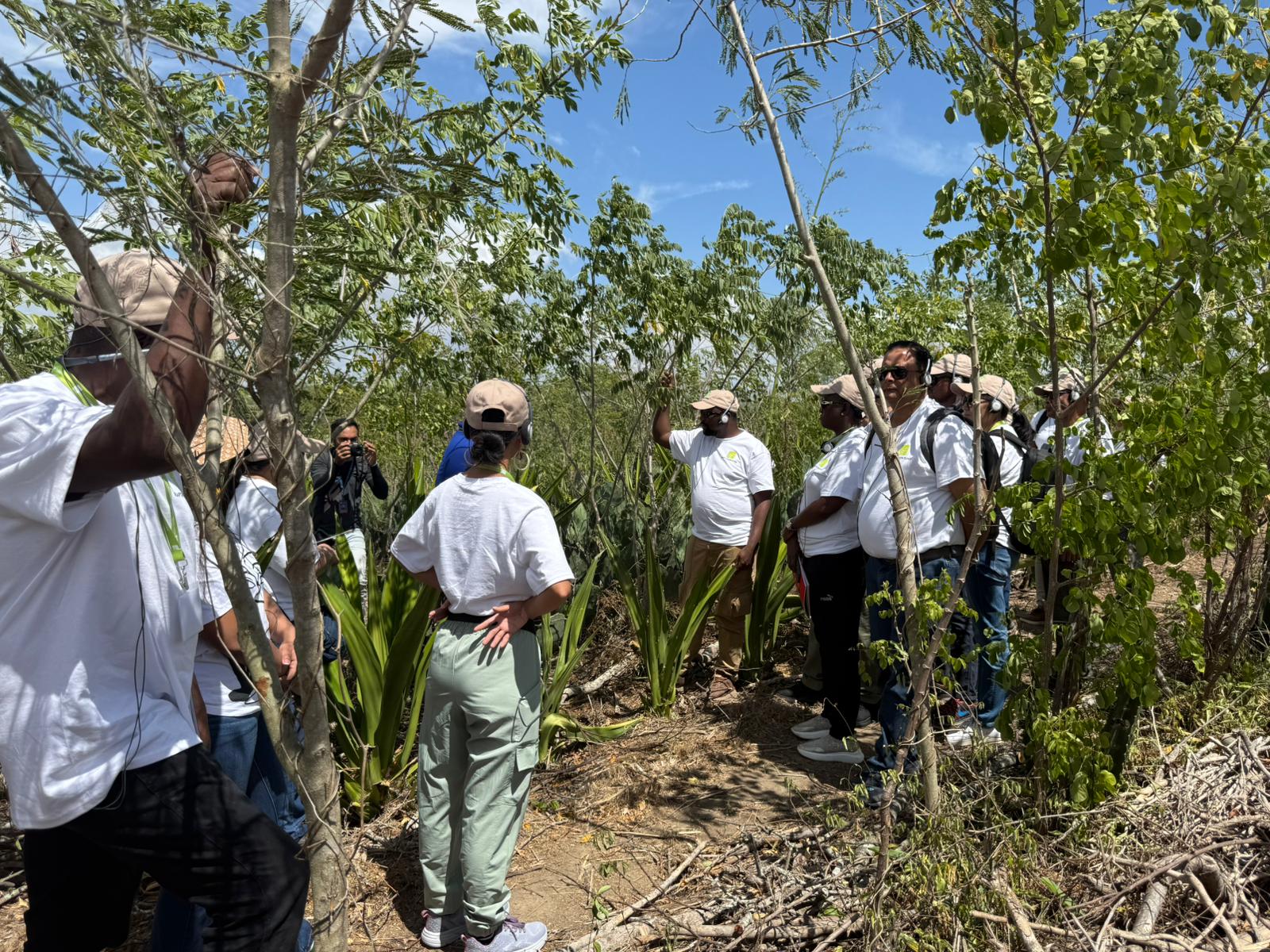
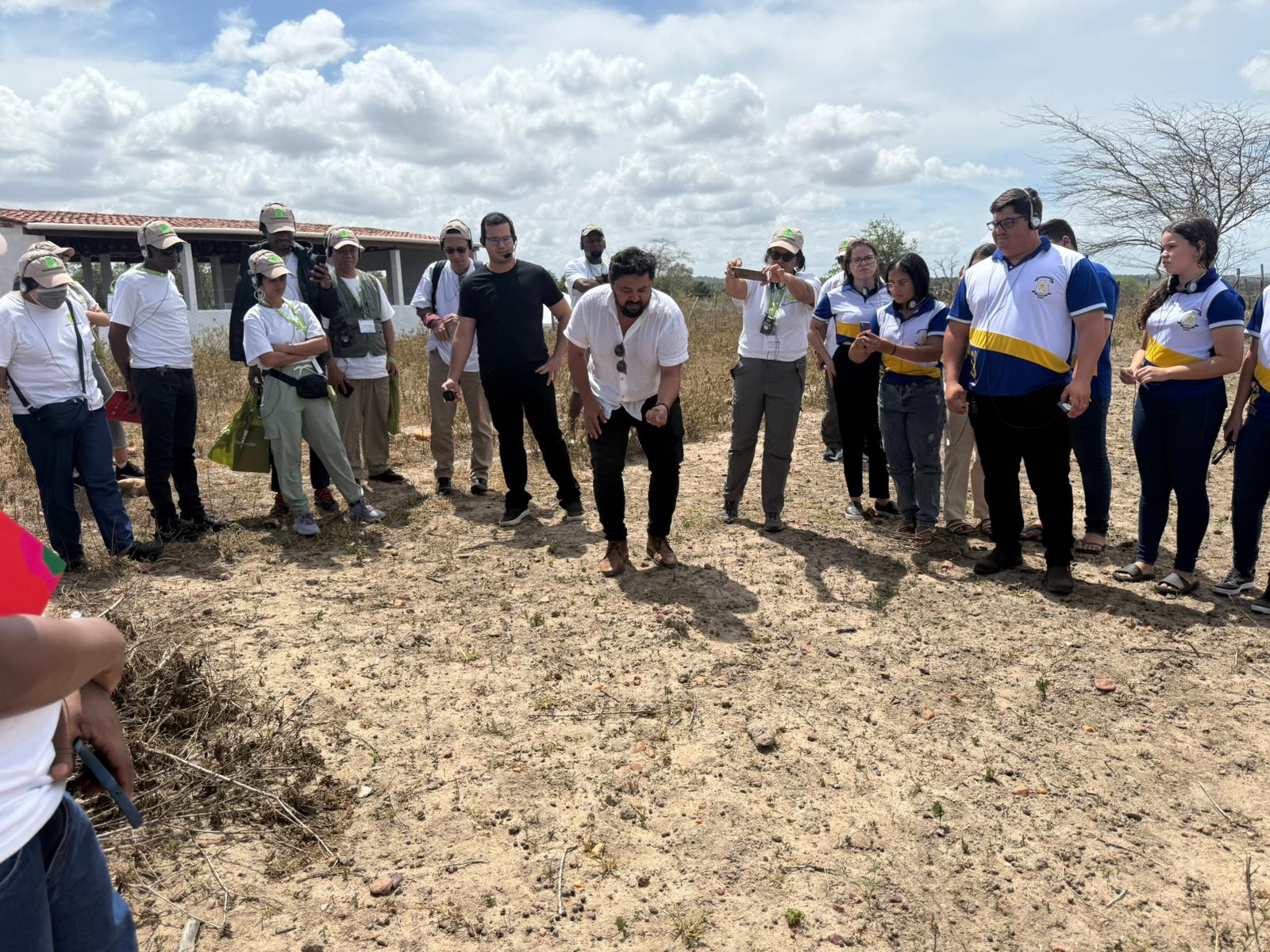
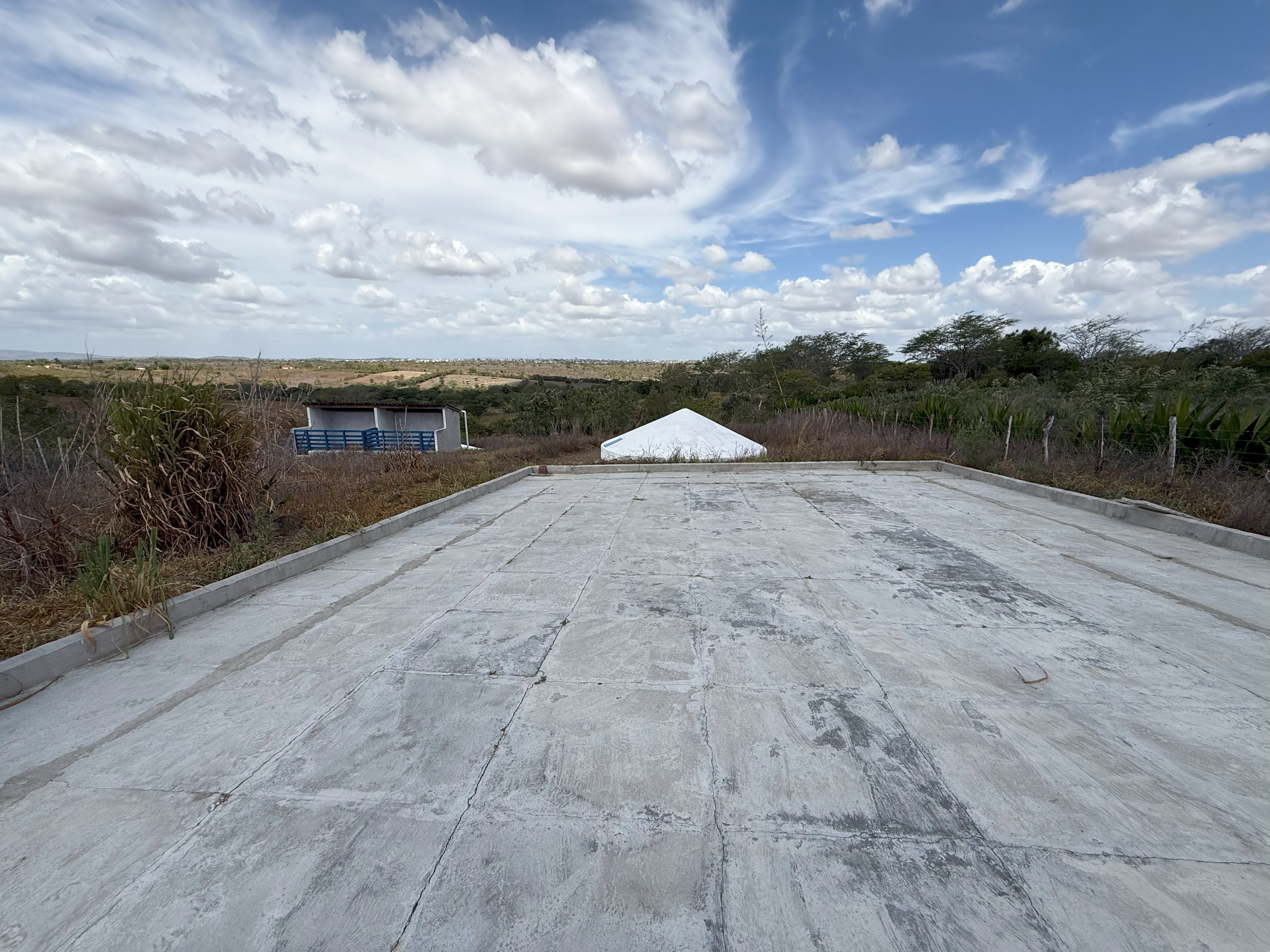
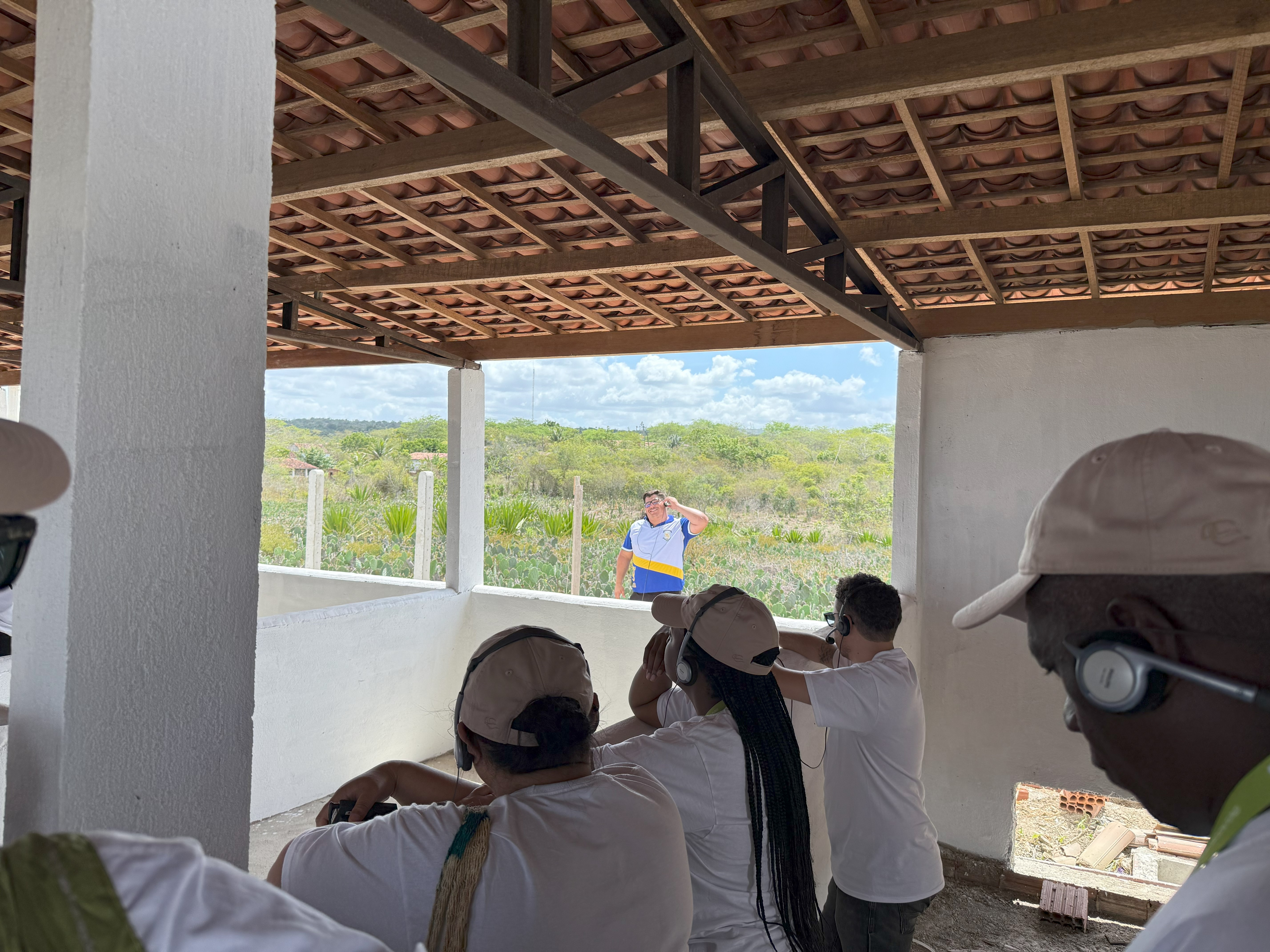
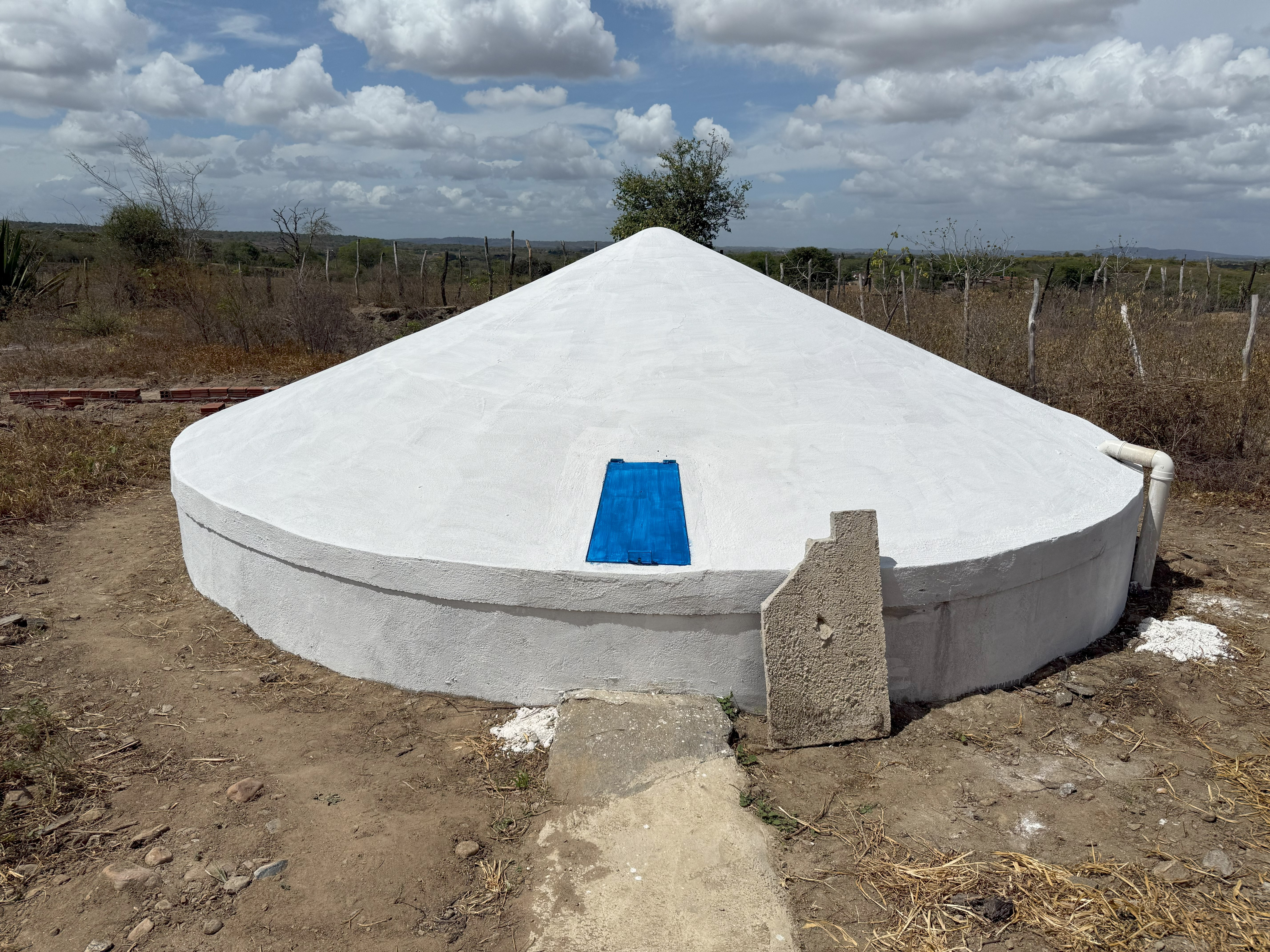
The Sahara and Sahel Observatory (OSS) reaffirmed its leadership in advancing climate resilience and locally led adaptation (LLA) through active participation in the Adaptation Fund (AF) Readiness Write-shop for National and Regional Implementing Entities, held in Recife, Brazil.
Representing OSS, Ms. Khaoula Jaoui, Technical Services Director, and Mr. Steve Muhanji, Head of Division for Project/Programme Development and Strategic Partnerships, joined technical experts and accredited entities from across the globe for a week of hands-on collaboration, technical peer exchange, and proposal development aligned with the Adaptation Fund’s evolving programming priorities.
The five-day event, organized by the Adaptation Fund Board Secretariat, was designed to strengthen the capacities of implementing entities in shaping high-impact proposals, with a special emphasis on LLA programming. For OSS, it presented an opportunity to accelerate development of its flagship project, CLARiS (Community-Led Adaptation through Participatory Landscape Restoration and Sustainable Livelihoods), targeting vulnerable communities in Burundi’s Ruvubu River Basin.
Throughout the workshop, the OSS team took part in focused writing clinics addressing core proposal elements such as climate rationale, environmental and social safeguards, gender equity, sustainability, and cost-effectiveness. With real-time feedback from Adaptation Fund specialists and access to one-on-one mentoring, OSS strengthened its proposal under the LLA funding window—designed to decentralize adaptation planning and empower local communities to lead their resilience strategies.
A key highlight of the workshop was a field visit to Centro Sabiá, a community-based agroecological training center operating in the Caatinga biome of Pernambuco. This visit offered participants a powerful, real-world perspective on community-led adaptation in one of Brazil’s most climate-vulnerable ecosystems.
Spanning approximately 10–11% of Brazil’s territory, the Caatinga—whose name means “white vegetation” in the Indigenous Tupi language—is a semi-arid biome characterized by seasonal drought, land degradation, and growing desertification risks. Once a hub of colonial sugar production under Portuguese rule, the region has transitioned to subsistence farming and livelihoods based on animal husbandry, corn, and beans cultivation. Water security remains a critical challenge, closely linked to vegetation cover and sustainable land management.
Participants explored school-based agroecology initiatives that are equipping young people and communities with tools to adapt and thrive in dryland conditions. The OSS delegation engaged in in-depth exchanges on ecosystem restoration, intergenerational knowledge transfer, and participatory governance. These insights are directly informing the community empowerment and institutional capacity-building pillars of the CLARiS project and other LLA initiatives supported by OSS.
Reflecting on the experience, Ms. Jaoui noted, “OSS is proud to be part of a global movement driving climate resilience from the ground up. Our involvement in this write-shop reinforces our commitment to locally driven solutions that empower communities to take control of their future.”
Mr. Muhanji added, “This event demonstrated the strength of collaborative design. The feedback we received has sharpened our proposals and deepened our ability to support African institutions in developing transformational adaptation solutions.”
The workshop concluded with a high-level panel on cross-fund synergies, particularly between the Adaptation Fund and the Green Climate Fund, underscoring the need for coherence, shared learning, and long-term vision in climate finance.
With refined proposals, stronger partnerships, and fresh inspiration from Recife and the Caatinga, OSS is well-positioned to channel these learnings into concrete, community-owned adaptation initiatives across Africa—driving forward the shared mission of climate justice and resilience for the most vulnerable.